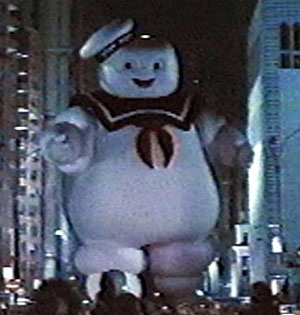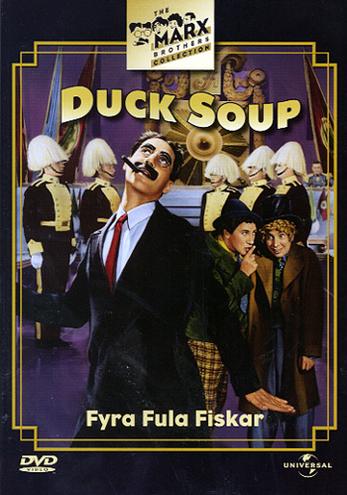Interview: Steve James of ‘At the Death House Door’
Posted on January 3, 2009 at 8:00 am
I last wrote about the superb documentary At the Death House Door when I interviewed its subject, Pastor Carroll Pickett, who served 15 years as the death house chaplain to the infamous “Walls” prison unit in Huntsville. The film was the first-time direction collaboration between award-winning directors Steve James (“Hoop Dreams”) and Peter Gilbert (“Vietnam: Long Time Coming”). James was nice enough to answer some of my questions about the film.
How did you first hear about Pastor Carroll Pickett?
Steve James: Gordon Quinn at our film company Kartemquin was approached by The Chicago Tribune because they thought we would be interested in doing a film focused entirely on the investigation of the Carlos De Luna case by Steve Mills and Maurice Possley. Gordon knew that Peter and I would be interested in the subject and set up a meeting with the reporters. In the course of telling us about De Luna, they also mentioned Pastor Carroll Pickett who had been haunted by the memory of De Luna, and recorded these feelings in an amazing audio tape about the execution right afterwards. When they revealed he’d recorded audio tapes about all 95 executions he’d
ministered to, we were hooked. We decided from the get-go, that we wanted Rev. Pickett’s journey to be our main story, and bring us to why De Luna was so important to him.
What was your original intention for the film and how did it evolve?
SJ: See answer above… As stated, the original intention of the Tribune was to have us do a film about Carlos De Luna, but its hard to do a film about a man who was not famous or led a well-documented life, and who was executed 17 years before. With the mention of Pickett, it was clear that we had a unique and potentially powerful story to tell about a man’s past and also who he is today. This is one time when the original conception of what the film could be was pretty much on target for what the film ultimately became.But that doesn’t mean that the filmmaking process did not evolve. We didn’t anticipate guard Fred Allen, nor Carlos’ sister Rose, nor Carroll’s family and the significance they would all play in the film. Nor did we anticipate just how closed and “well armored” Carroll was as a person and how this film would ultimately – in his words – prove to be “the therapy he never got.”
What films inspired you to create documentaries? What documentaries most influenced your approach?
SJ: I was initially influenced by fiction films – one director in particular whose work was always characterized by complex portrayals of his subjects. That director was the great Jean Renoir, director of such classics as The Rules of the Game and Grand Illusion
. But I was also affected by less celebrated films of his like “Toni” and “The Crime of Mister Lange.” Renoir was the ultimate humanist filmmaker, a great observer of the human condition. Documentary influences were the films of Barbara Kopple, particularly Harlan County, U.S.A.
, 35 Up
by Michael Apted, and The Times of Harvey Milk
by Rob Epstein.



